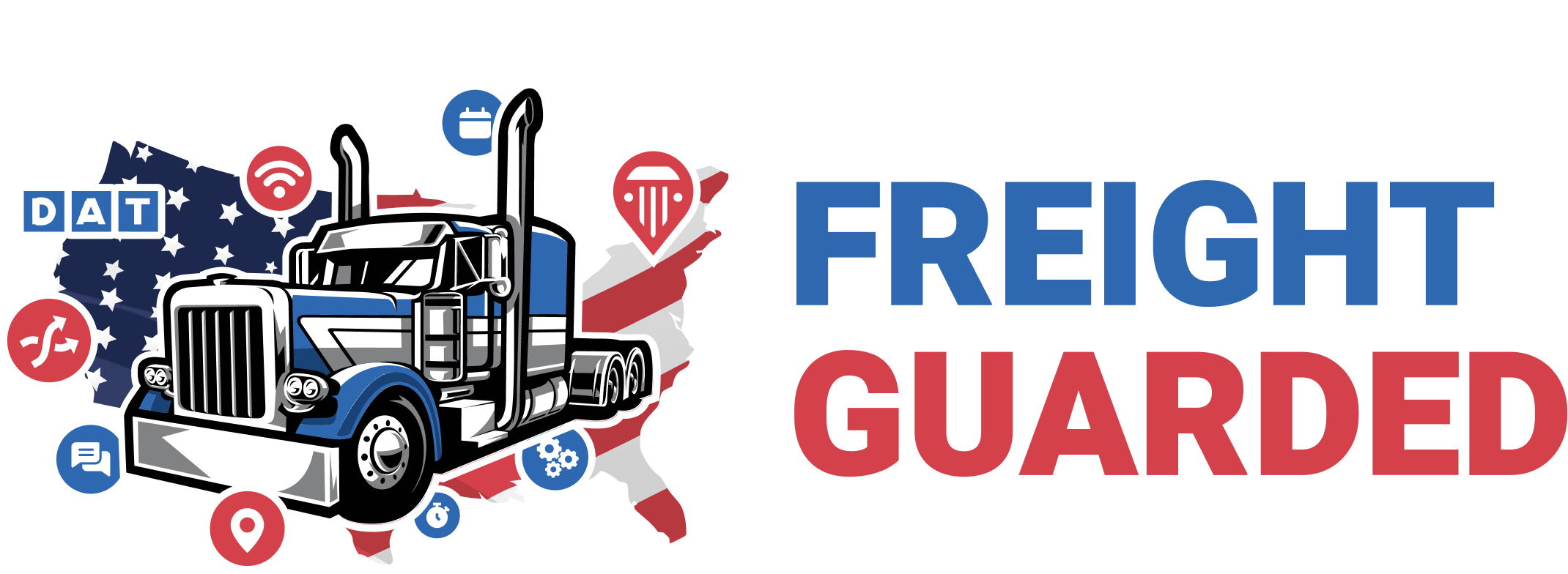Refusing a drug test as a commercial driver's license (CDL) holder in the United States is a serious matter with significant implications. The Federal Motor Carrier Safety Administration (FMCSA) has established stringent regulations regarding drug and alcohol testing for safety-sensitive positions, including those who operate commercial motor vehicles. Here's an overview of what it means for a CDL driver to refuse a drug test, the consequences, and the regulatory context.
Definition of Refusal
A refusal to take a drug test isn't limited to just saying "no." The FMCSA considers the following situations as a refusal to test:
- Failing to appear for a test promptly after being directed to do so.
- Failing to remain at the testing site until the testing process is complete.
- Failing to provide a urine or breath sample for any required drug or alcohol test.
- Failing to permit the observation or monitoring of specimen collection (applicable in certain situations).
- Failing to provide a sufficient sample without a valid medical explanation.
- Failing or declining to take an additional test the employer or collector requests.
- Failing to cooperate with any part of the testing process.
- Providing a specimen that is verified as adulterated or substituted.
Consequences of Refusal
The consequences of refusing a drug test are severe and can include:
- Immediate Removal from Safety-Sensitive Functions: Drivers will be immediately prohibited from performing any safety-sensitive duties, such as operating a commercial motor vehicle.
- Mandatory Evaluation and Treatment: Drivers must be evaluated by a Substance Abuse Professional (SAP) and complete any recommended treatment or education programs before returning to safety-sensitive functions.
- Loss of CDL: Depending on state laws and the specifics of the situation, drivers may face suspension or revocation of their CDL.
- Employment Consequences: Employers may have policies in place that result in termination or other disciplinary actions beyond the federal requirements for a test refusal.
- Record in the Clearinghouse: Refusals are recorded in the FMCSA's Drug and Alcohol Clearinghouse, a database that employers must query as part of the pre-employment process and annually for current employees. This record can significantly impact a driver's ability to gain future employment in the industry.
Regulatory Context
The FMCSA's regulations on drug and alcohol testing are part of the broader Department of Transportation (DOT) regulations. These rules apply to safety-sensitive transportation employees across various sectors, including aviation, trucking, railroads, mass transit, and pipelines. The regulations specify testing procedures, types of tests (e.g., pre-employment, random, post-accident, reasonable suspicion, return-to-duty, and follow-up), and substances tested for, including marijuana, cocaine, amphetamines, opiates, and phencyclidine (PCP).
Importance of Compliance
Compliance with drug and alcohol testing regulations is crucial for maintaining the safety of the transportation industry and the public. Substance abuse can significantly impair a driver's ability to operate a commercial vehicle safely, leading to potentially catastrophic consequences. The testing program aims to deter substance abuse within the industry and to promptly identify and address substance abuse issues among safety-sensitive employees. CDL drivers, employers, and all stakeholders in the transportation industry must understand the serious implications of refusing a drug test. It's not only a matter of regulatory compliance but also a critical component of ensuring safety on the roads.

.thumb.jpg.79710ba0be5a9f3be83fb45bcaf36e79.jpg)